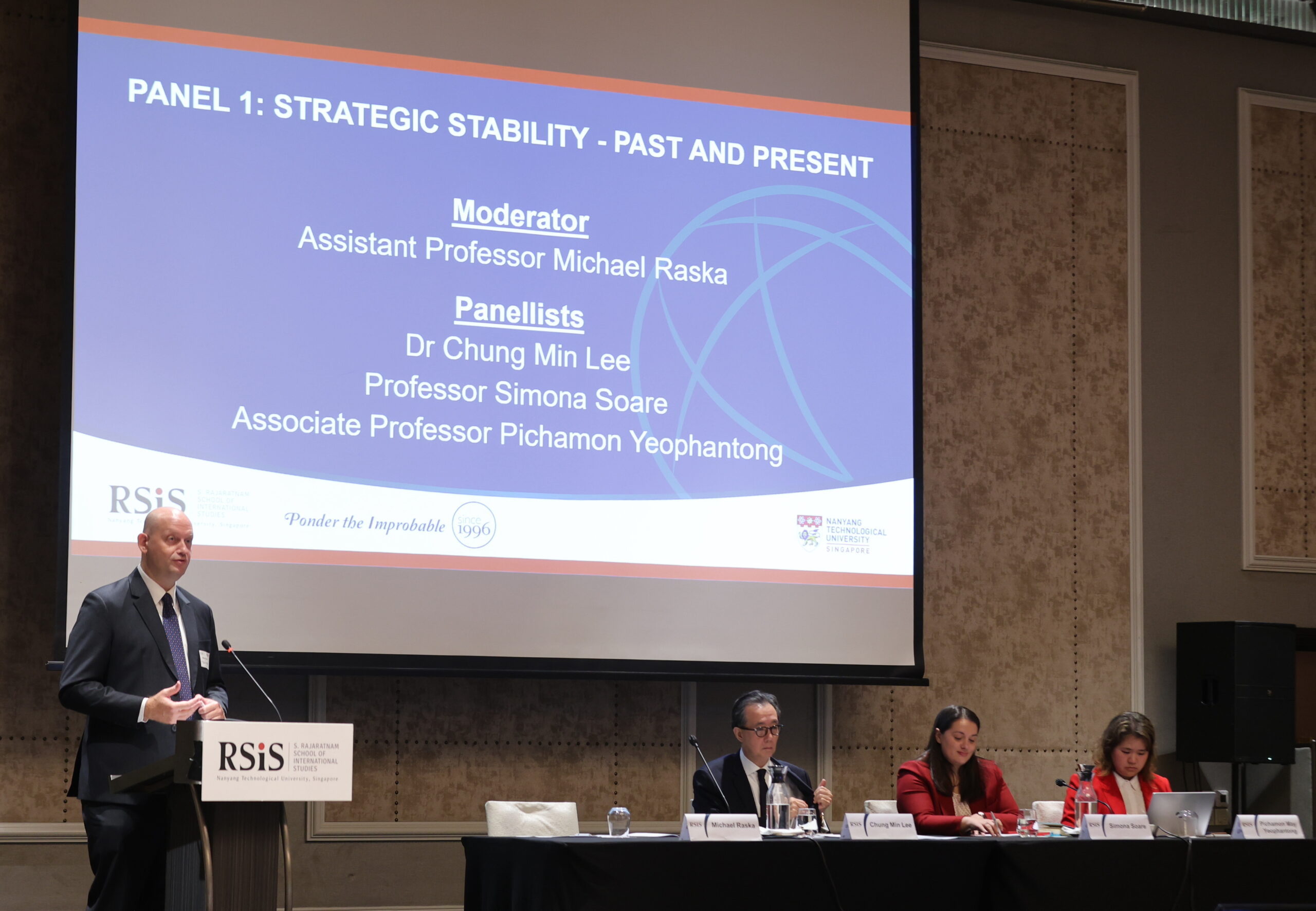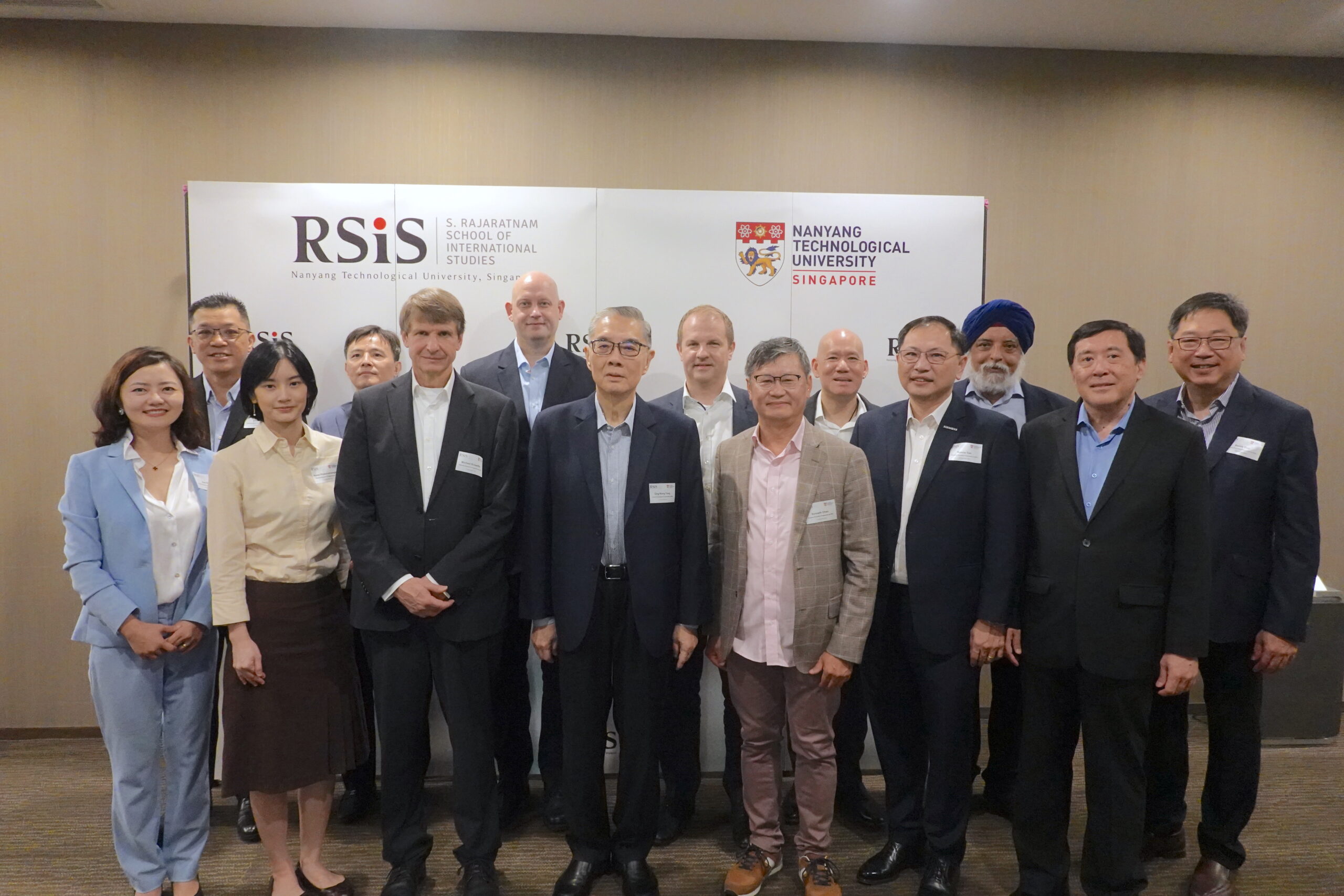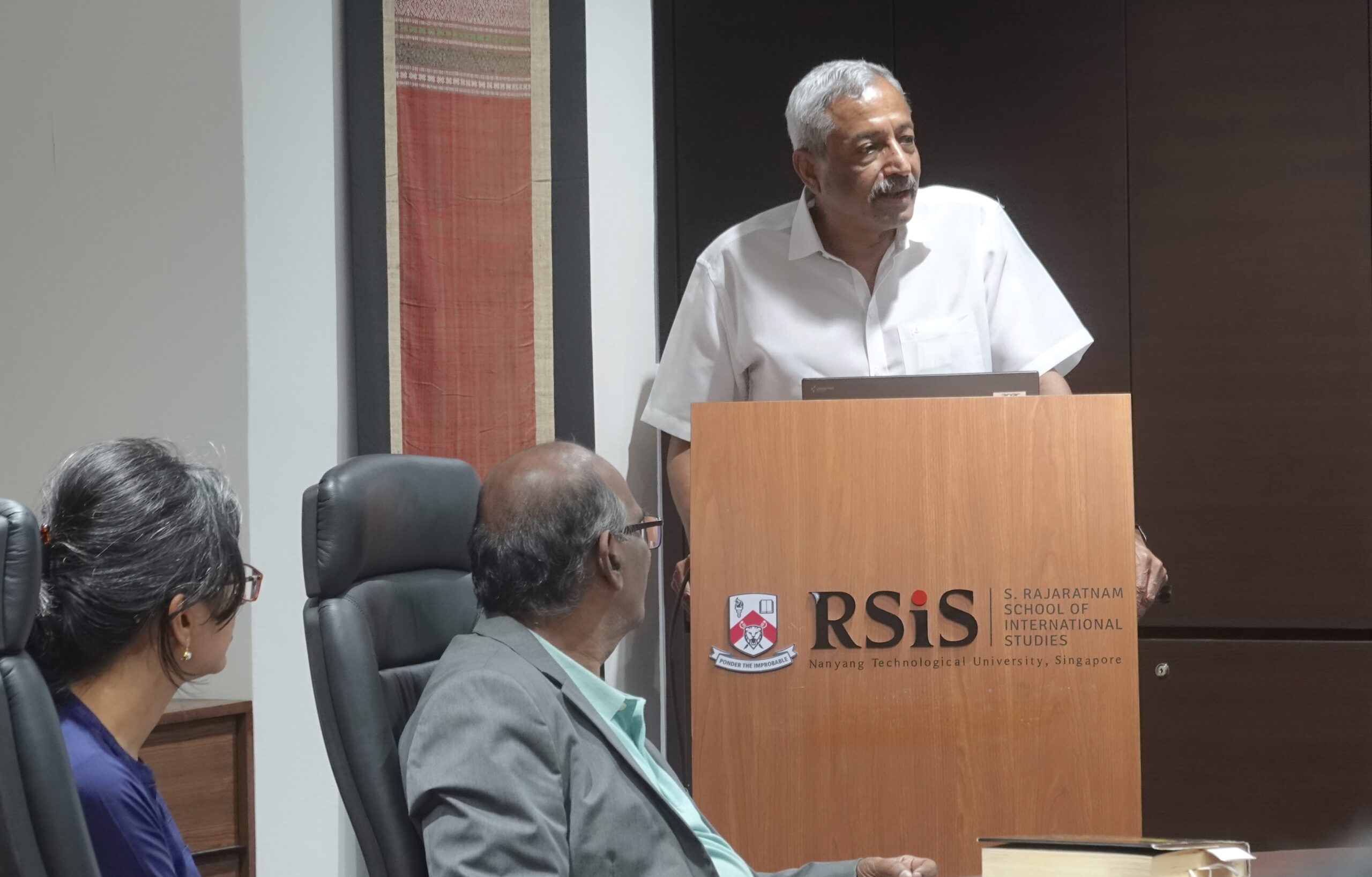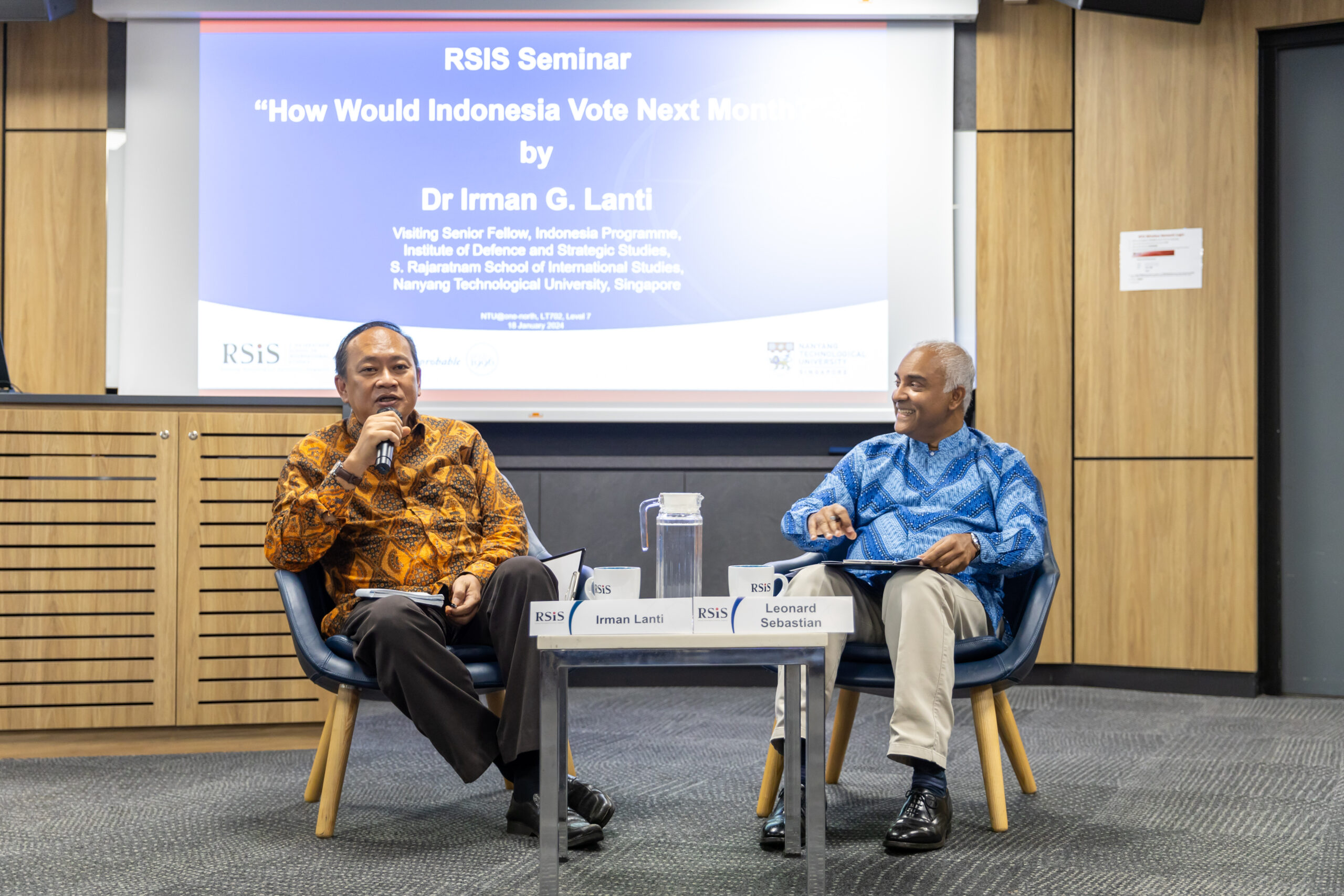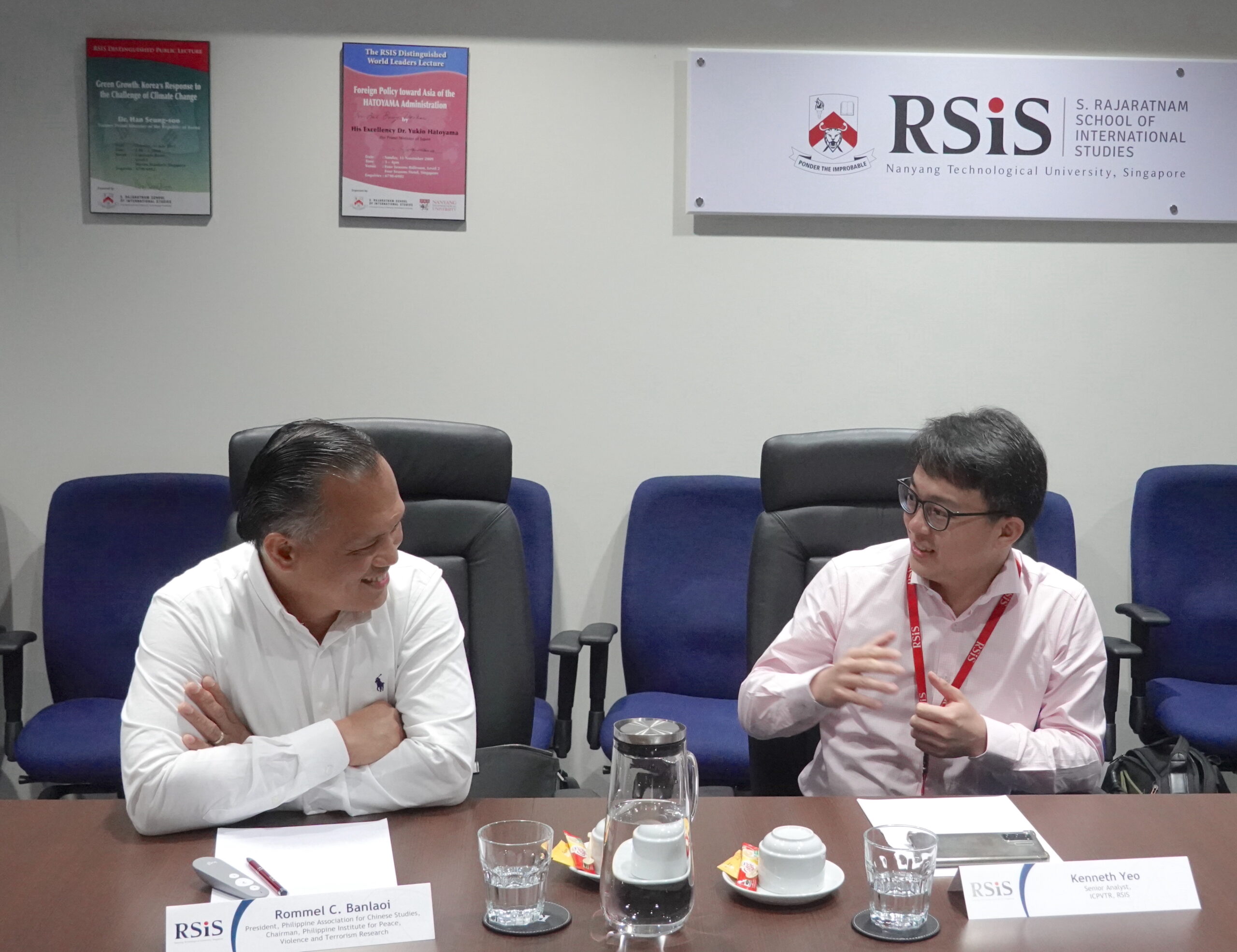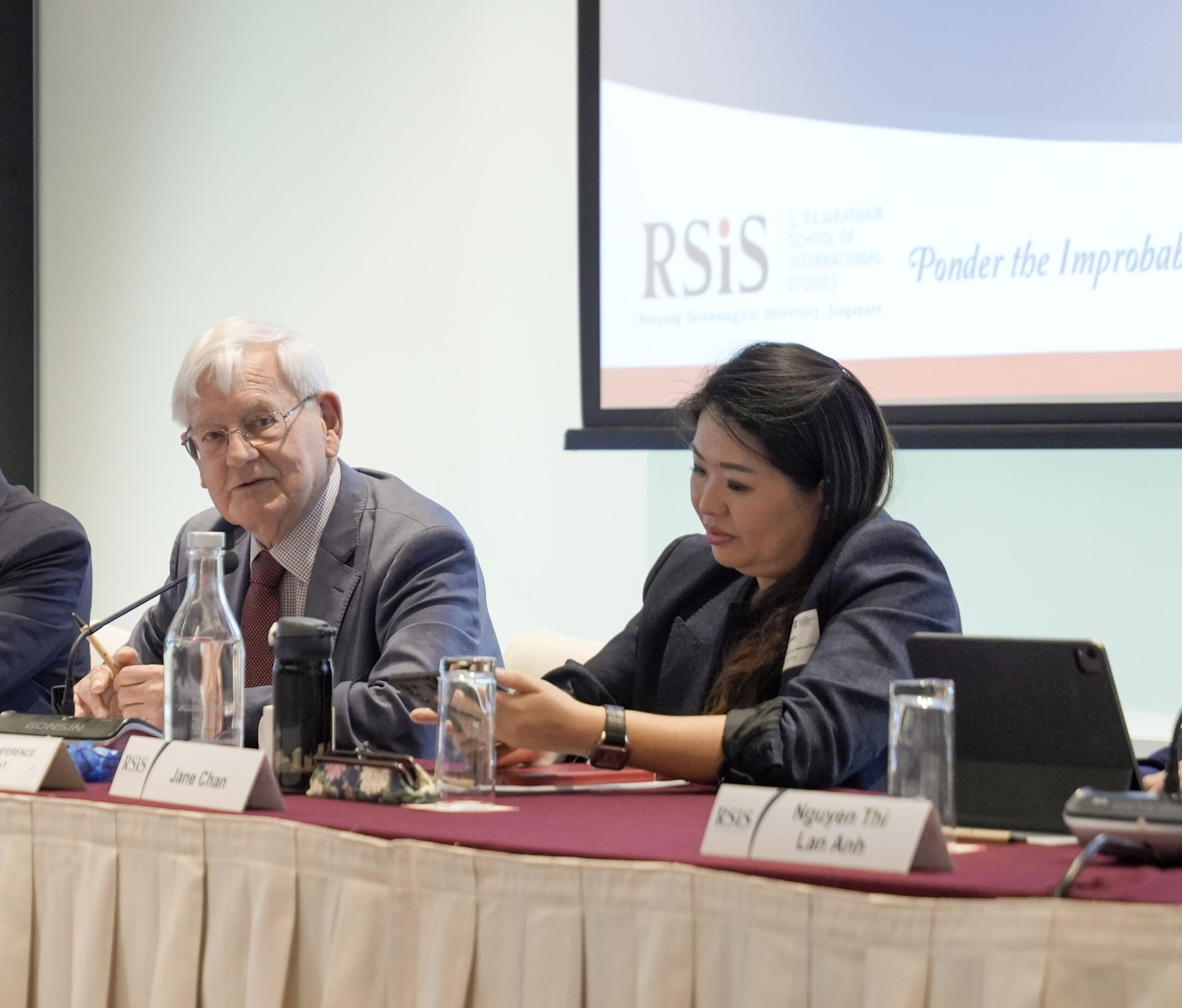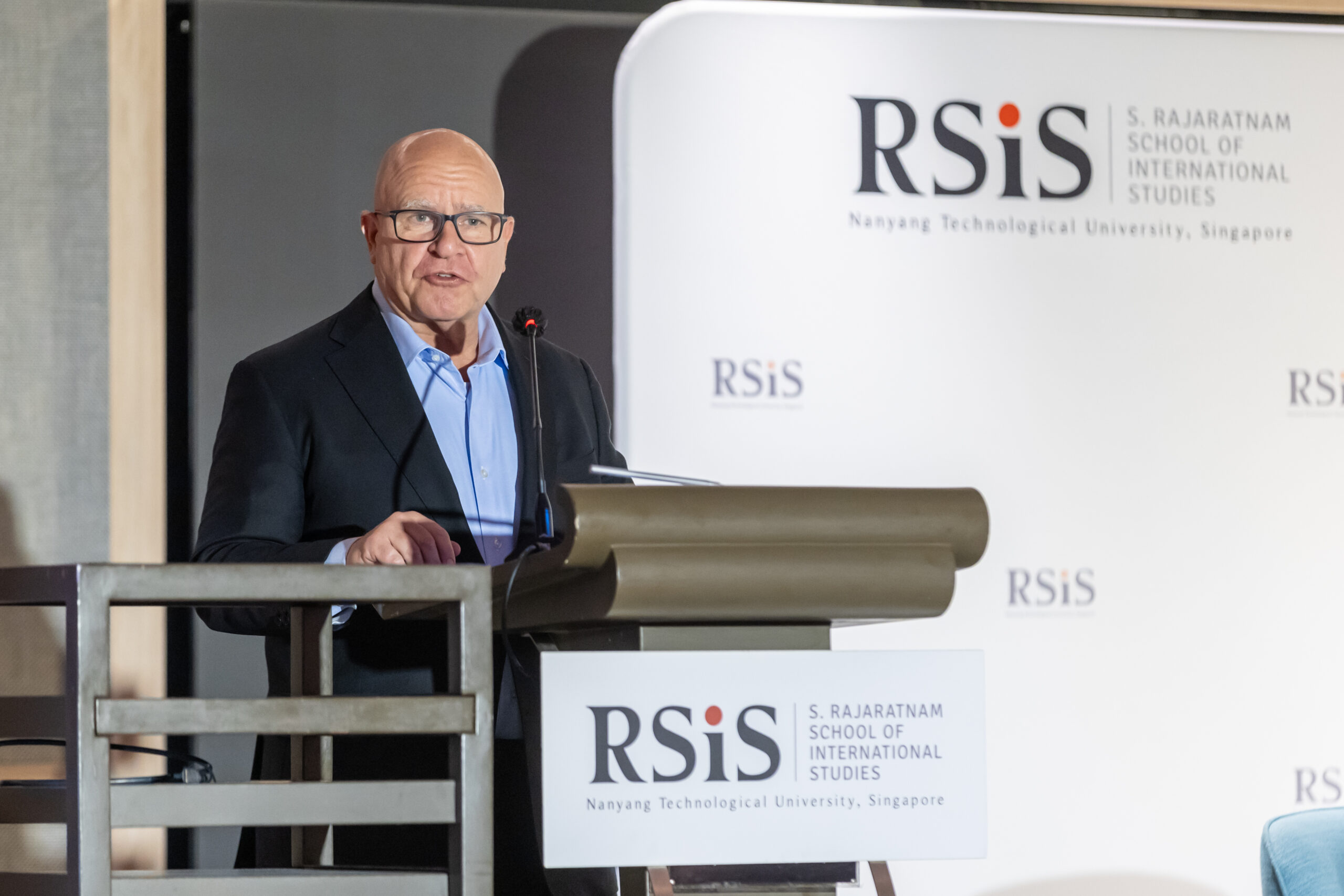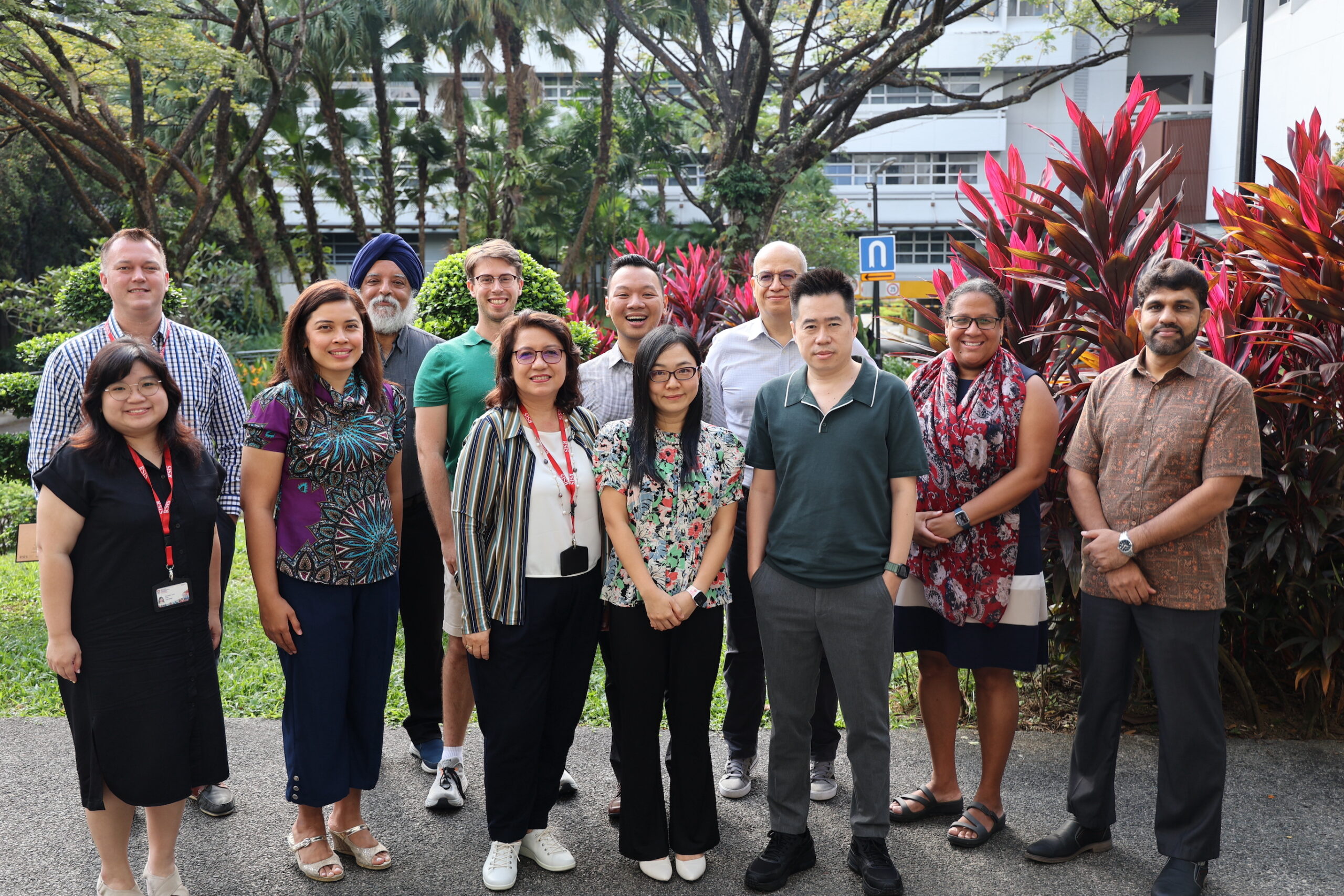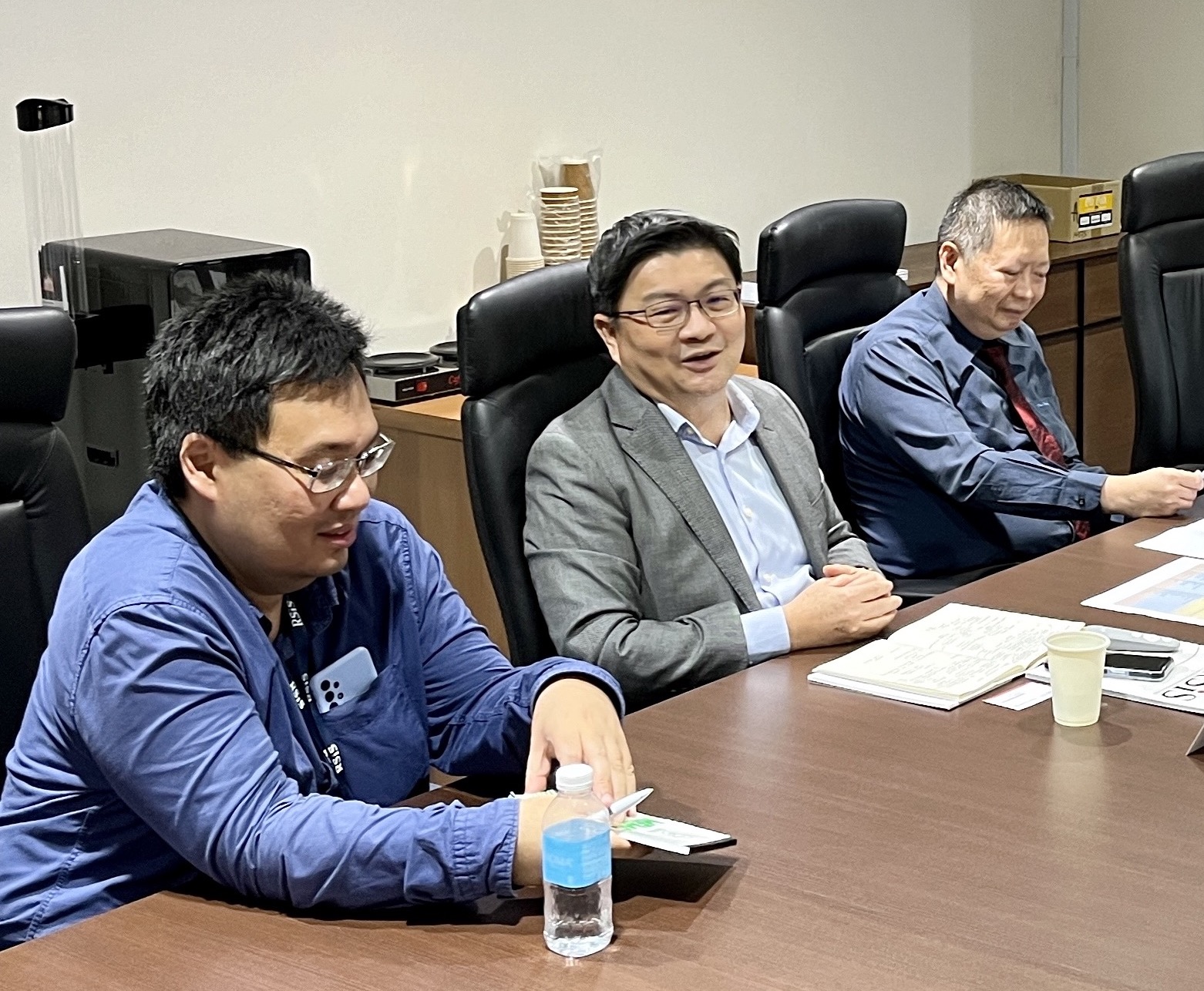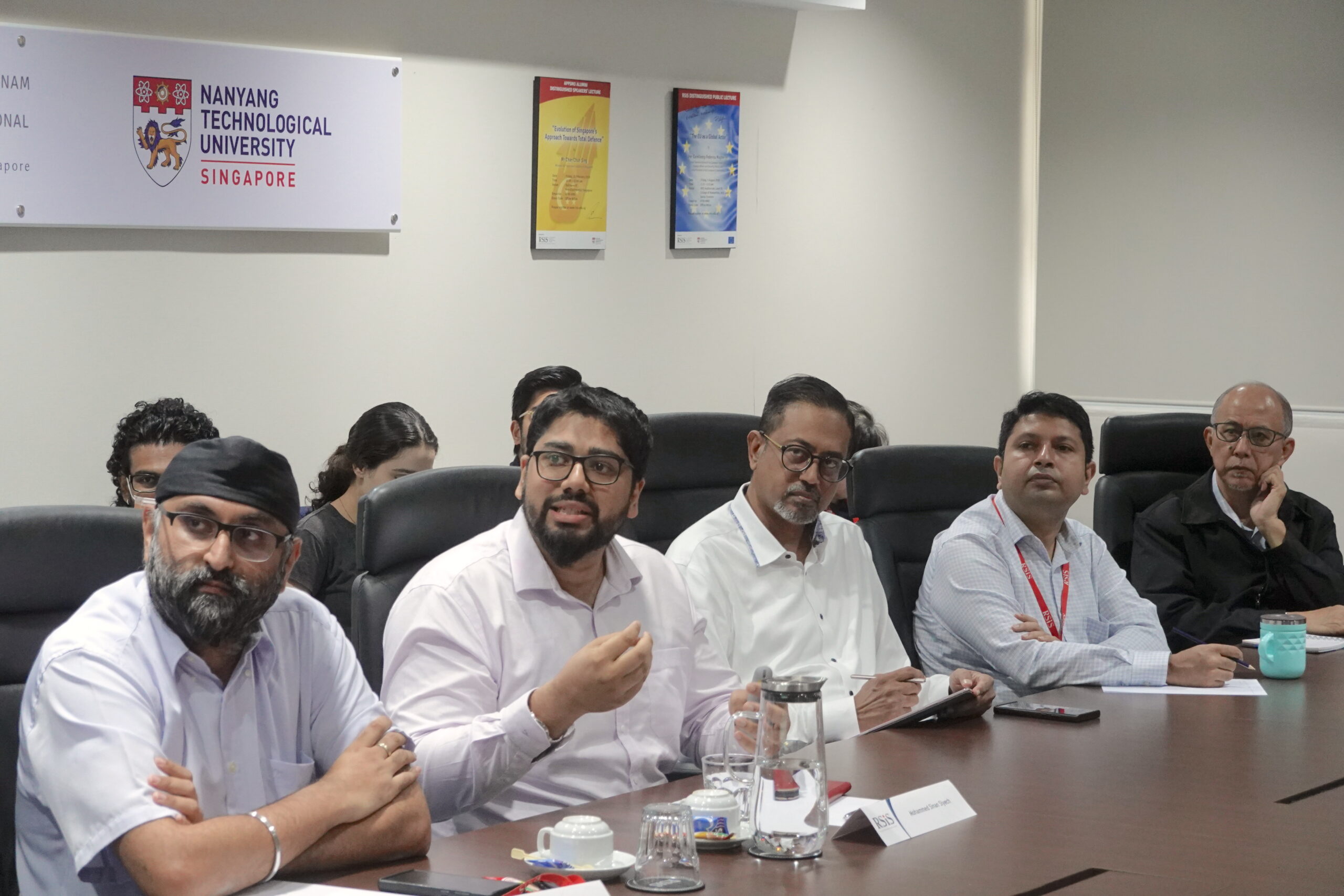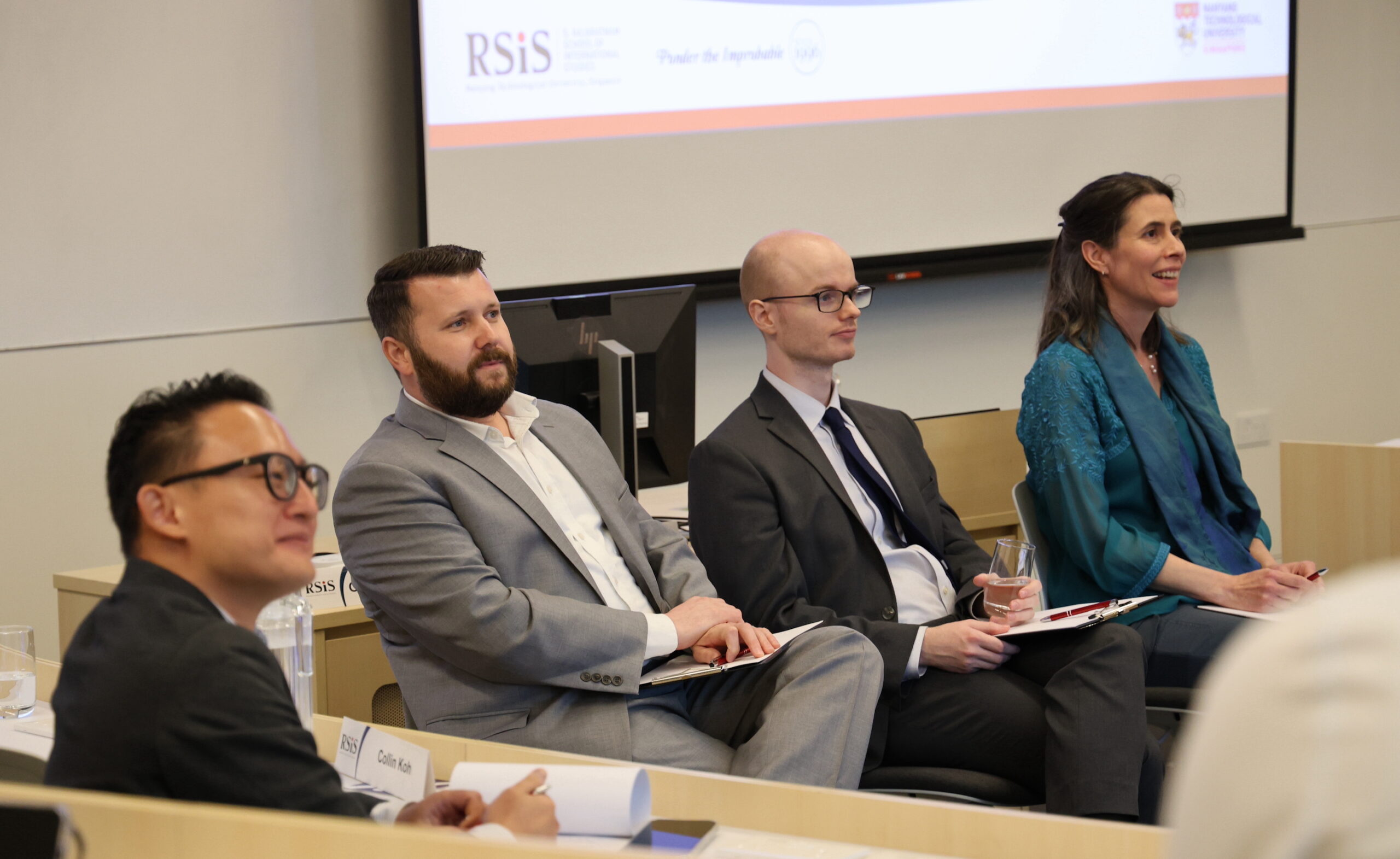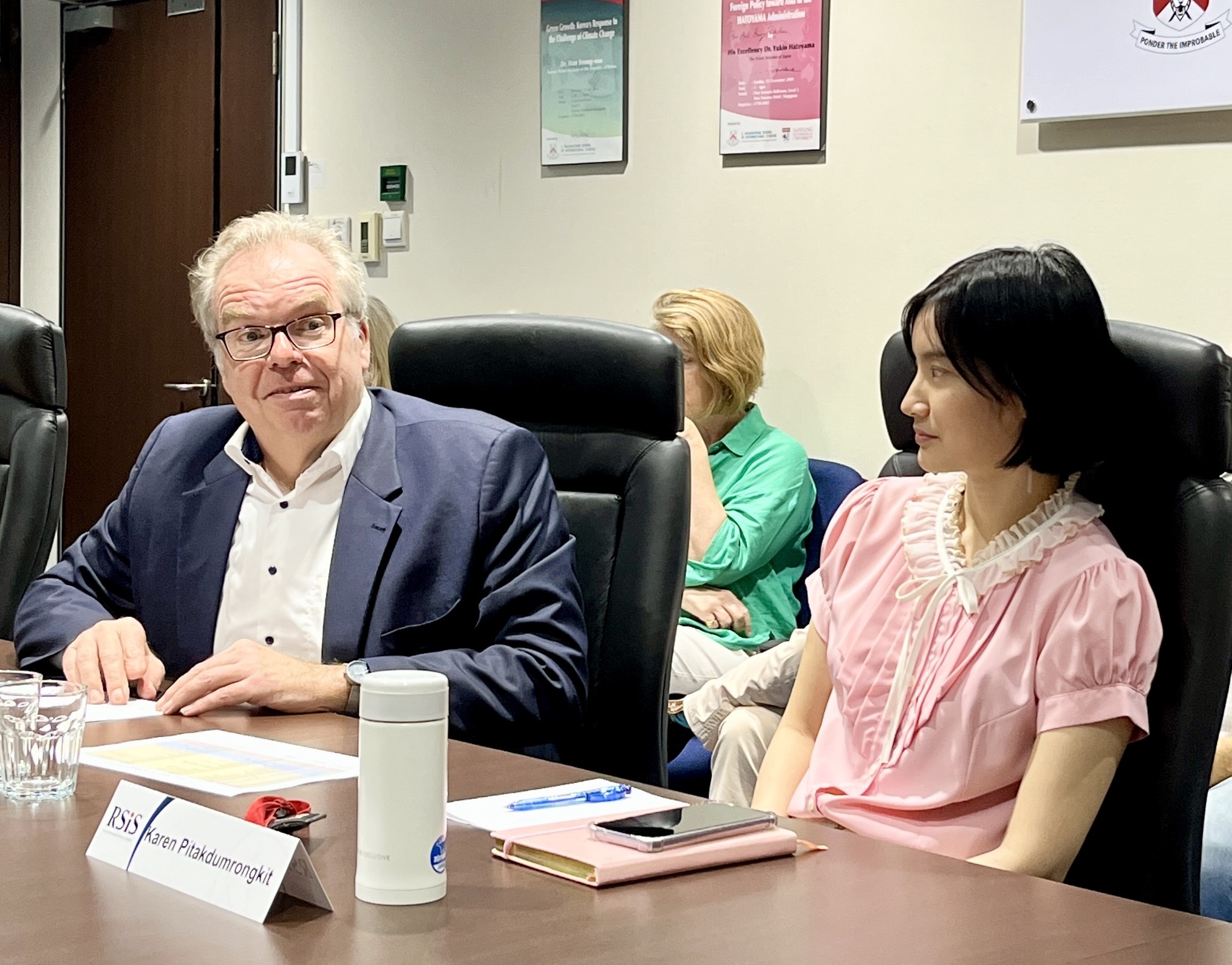

The latest political developments in Indonesia as well as expert assessments on how the elections could play out was the focus of a webinar held on 17 January 2024.
The webinar commenced with insights from Dr Djayadi Hanan, Head of the Ph.D. Programme in Political Science at the Department of Political Science, Faculty of Social Sciences, the Indonesian International Islamic University (IIIU). Dr Djayadi provided a comprehensive overview of the upcoming Indonesian elections, offering statistical insights into various aspects such as seat distribution, voter demographics, and public sentiment. He highlighted the current state of the electoral race, including polling statistics indicating a three-way competition and potential shifts in voter allegiance. Key issues discussed revolved around political dynasties, state apparatus neutrality, and the format of presidential debates. Dr Djayadi also emphasised the significance of targeting specific provinces with large voter populations, particularly in regions like West Java, East Java, and Central Java, recognised as strongholds of certain political factions.
The session continued with Prof Firman Noor, MA, PhD, from the Center for Political Research, BRIN; who delved into the broader context of democracy in Indonesia. Prof Firman discussed the decline in democracy indices over the past decade and highlighted various challenges, including decreased public participation and ethical dilemmas within politics. He emphasised the importance of trust in election outcomes, government legitimacy, and the role of leadership in shaping the quality of democracy. Prof Firman also explored the dynamics within political parties and the potential for increased opposition representation, underscoring the need for stronger checks and balances. Throughout his presentation, Noor emphasised the ongoing struggle between proponents of democracy and social justice and supporters of nepotism and oligarchy, noting a shift in focus from political identity to ethical and constitutional considerations within the electoral discourse.
During the Q&A session, several key topics were discussed, providing additional insights into Indonesia’s electoral landscape. Dr Djayadi addressed the possibility of a second round of presidential elections, citing factors such as Prabowo’s stagnant electability and the potential consequences of exceptional blunders committed by Prabowo. Dr Firman highlighted the role of social media and civil society in influencing Prabowo’s electability. Regarding Anies’s candidacy for Jakarta Governor, it was clarified that legal requirements do not restrict his chances, though Prabowo may nominate a candidate to challenge him if he wins the presidential election. The feasibility of an Anies-Ganjar coalition for the second round was discussed, noting differences in grassroots support and the potential influence of a PDIP-PKS collaboration. Lastly, the discussion on post-Jokowi opposition politics revealed a trend of political parties preferring an alignment with the ruling power, with the possibility of opponents becoming allies, post-election. These insights offered a deeper understanding of Indonesia’s electoral dynamics and highlighted potential scenarios as well as challenges ahead.




